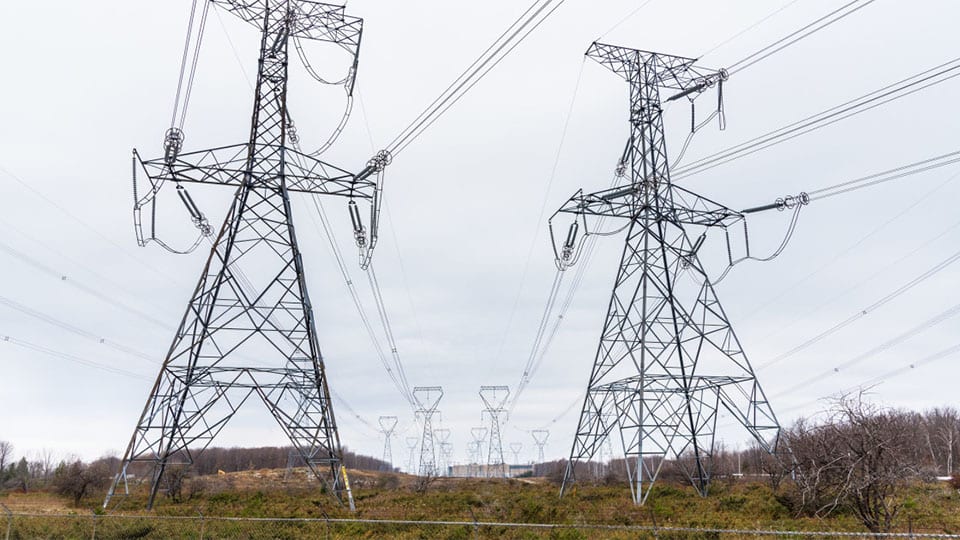
The project aims to connect 17 indigenous communities in northwestern Ontario to the Ontario grid, which is owned by 51% of the 22 Aboriginal communities, while Fortis Fortis owns the remaining 49%.
Scott Hawkes, president and CEO of Fortis, said: "Today's announcement is by far the biggest milestone in Canada's largest infrastructure project for Indigenous Democracy."
The project was developed by Wataynikaneyap Power, an authorized transmission company overseen by the Ontario Energy Commission (OEB).
Wataynikaneyap Power will develop and operate approximately 1,800 km of 230kV, 115kV and 44kV power lines in northwestern Ontario to connect remote aboriginal communities to the provincial grid and provide clean, reliable and affordable electricity.
Fortis said: “In addition to providing ownership of the indigenous community for the transmission lines, the project also provides social and economic benefits, reduces environmental risks and reduces the greenhouse gas emissions generated by diesel power generation currently used in remote areas.”
The first phase of the project's 300 km transmission line from Red Lake to Pikangikum was fully funded by the Canadian government. It is planned to be completed by the end of 2018.
The next two phases of the project will need to receive all necessary regulatory approvals, including the approval of the OEB's building permit, and plans to conduct separate trials by the end of 2020 and 2023.
After completion of the project, the Wataynikaneyap transmission project is expected to become Ontario's largest home-grown and locally owned infrastructure project.
Ontario Energy Minister Glenn Thibeault said: “Connecting remote Aboriginal communities to safe, clean and reliable power grids in Ontario is a province’s priority and a key part of our plan to create equity and opportunities for all Ontario residents. Eliminating reliance on expensive diesel power generation, the Wataynikaneyap power project will create new economic opportunities and greatly improve the quality of life in these remote Aboriginal communities."
Stay Connect